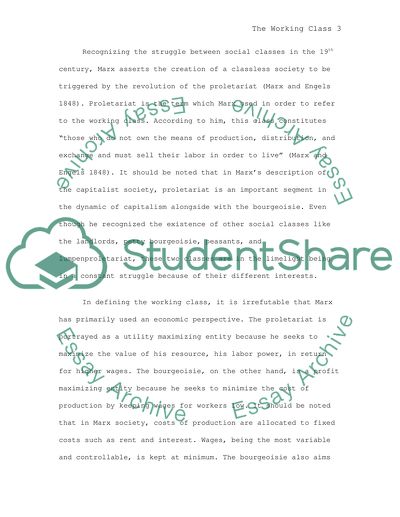Cite this document
(“The Working Class Essay Example | Topics and Well Written Essays - 1500 words”, n.d.)
The Working Class Essay Example | Topics and Well Written Essays - 1500 words. Retrieved from https://studentshare.org/sociology/1508177-the-working-class
The Working Class Essay Example | Topics and Well Written Essays - 1500 words. Retrieved from https://studentshare.org/sociology/1508177-the-working-class
(The Working Class Essay Example | Topics and Well Written Essays - 1500 Words)
The Working Class Essay Example | Topics and Well Written Essays - 1500 Words. https://studentshare.org/sociology/1508177-the-working-class.
The Working Class Essay Example | Topics and Well Written Essays - 1500 Words. https://studentshare.org/sociology/1508177-the-working-class.
“The Working Class Essay Example | Topics and Well Written Essays - 1500 Words”, n.d. https://studentshare.org/sociology/1508177-the-working-class.


